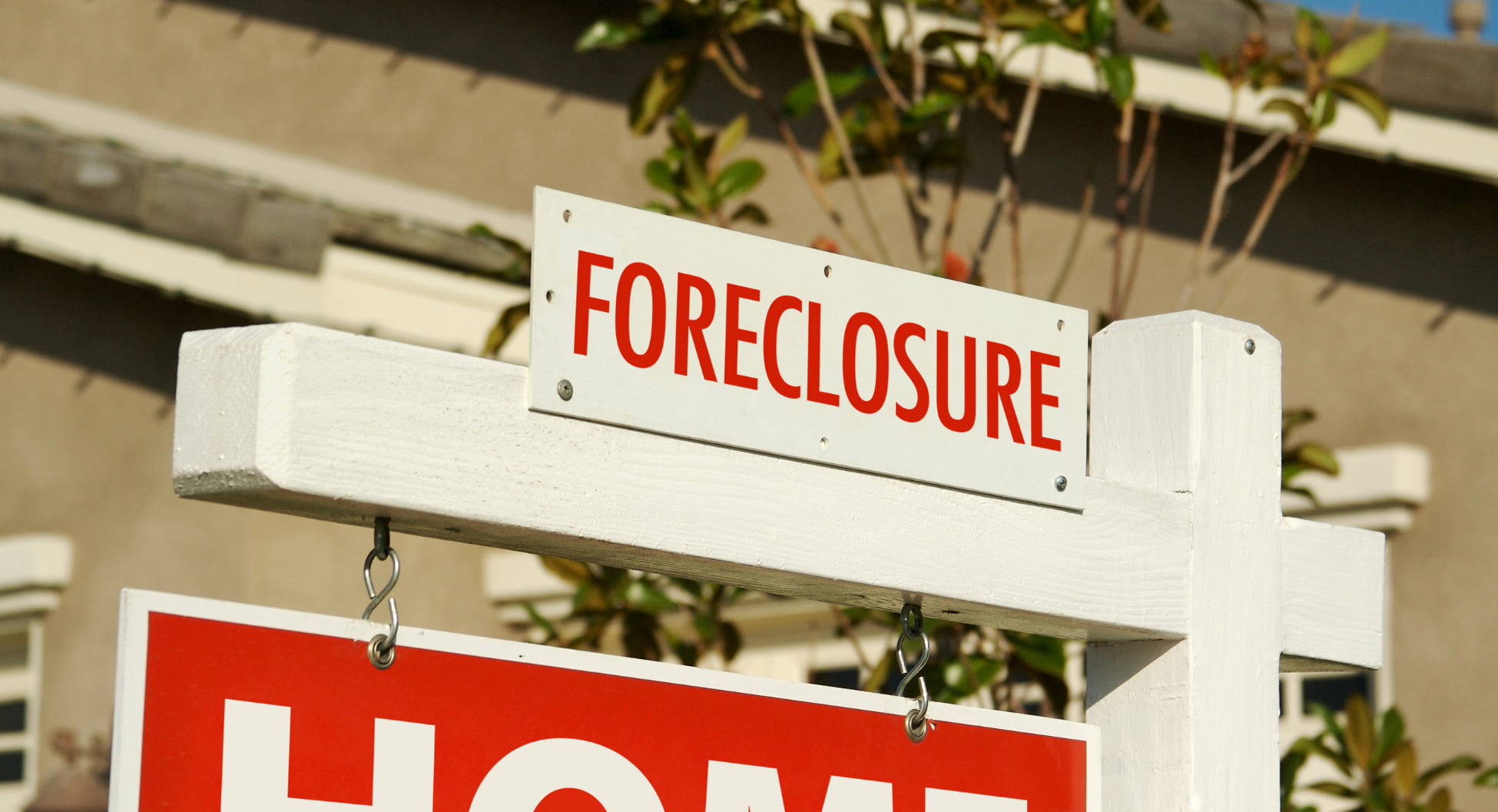A new law goes into effect January 1, 2021, that allows tenants to purchase the residence they’re living in from the low bidder for that property at a foreclosure auction. This will have a chilling effect on investors’ willingness to bid on foreclosed properties.
The skewed news article I read suggested that this law prevents corporations from “snapping up homes and letting them fall into disrepair.” The truth is, it prevents real estate investors from benefitting from the risks they take, and when you adjust the risk-return trade-off, there are consequences. It’s basic economics.
When an investor like myself bids on a foreclosed property, I know I am getting the property without title insurance or the ability to do inspections. It’s an as-is deal, which may leave me with a lemon. However, in the hopes that I will get a good deal and profit from it, I am willing to bid.
With this new law, tenants, families, local governments, affordable housing nonprofits, and community land trusts can opt to buy it from me for the price I paid—and they get the benefit of title insurance and the ability to do inspections, which increases the value of the property. They must indicate their interest in purchasing the property within 15 days of the foreclosure auction and seal the deal within 45 days. (After a brief review, I can’t tell if the escrow needs to close in 45 days or if the tenant-buyer simply needs to sign a purchase agreement.)
In addition, the law increases the daily penalty from $1,000 to $2,000 per day for any property owner who doesn’t maintain the property with no regard for the property owner’s ability to afford maintenance and upkeep. Usually, owners are not fined unless there is gross negligence, but the law leaves a lot of room for subjective measurement.
This is a silly and unnecessary piece of the legislation because any property owner who can afford to maintain his or her property does so. And the daily penalty is added to the property owner’s tax bill. If the market shifts and the property owner ends up owing more than the property is worth, then the property owner may simply stop maintaining it. Sadly, it is the lender who loses here. The lender has no authority to maintain the property and often has no idea the property is in disrepair, but that’s what happens with poorly written laws.
With a housing shortage in California, you’d think legislators would pass laws that encourage investment in housing. This law does nothing to increase the supply of housing, and in fact, does the opposite by decreases investors’ interest in housing. If we want more houses, we have to allow developers, contractors, and investors to profit from it. That’s how business works. Otherwise, let’s all agree that the government will provide free housing for everyone.
It certainly is more expensive for the government to build housing than for private industry, even though the government can ignore the rules when they choose. The strict environmental studies required for real estate developers don’t necessarily apply when the government either buys or builds real estate. Newsom recently signed a bill that exempts bicycle, pedestrian, light rail and bus rapid transit projects from California’s strict environmental reviews and there are plenty of other projects here in Mendocino County where the County has opted to give itself a pass on those restrictions.
And in other news, I recommend you vote NO on Proposition 21, a draconian rent control statute that will also dissuade investors from choosing the housing market. Rent control has unintended consequences. It benefits those who have a place to live at the expense of their landlord, and it makes it incredibly difficult for those without a place to live to find anything affordable (or anything at all). And in the long run, even those in rent-controlled units suffer because property owners who make the slimmest of margins do not want to invest in maintenance and upkeep after paying the mortgage, tax, and insurance, so the quality of housing deteriorates over time.
If you have questions about property management or real estate, please contact me at [email protected] or call (707) 462-4000. If you have an idea for a future column, share it with me and if I use it, I’ll send you a $25 gift certificate to Schat’s Bakery. closDick Selzer is a real estate broker who has been in the business for more than 45 years.


